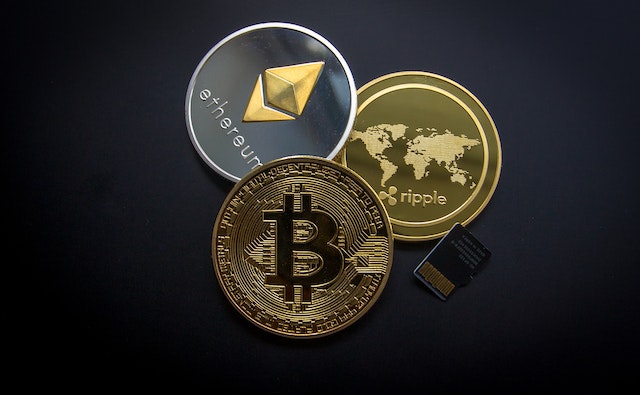Is Gold a Good Hedge Against Inflation?

Inflation is something that affects everyone and it can be hard to keep up with. But, have you ever wondered if gold might help?
Is gold a good hedge against inflation? It’s an important question because the answers could mean big savings in your pocket! Let’s take a closer look at this topic to see if investing in gold really makes sense.
Most people know that when prices go up, their money doesn’t stretch as far. That’s why so many are looking for ways to protect themselves from rising costs of living.
And, one way they’re doing that is by investing in gold. After all, the value of gold has been going up over time – even though its price may dip now and then.
So, does buying gold make sense when it comes to protecting yourself from inflation? The truth is it depends on what kind of investor you are. Some people prefer riskier investments which pay off more but come with greater risks than others.
Others opt for safer options like gold which don’t provide huge returns but offer stability throughout economic cycles.
No matter your style or preference, understanding how gold interacts with inflation will help you decide whether or not it’s right for you.
Definition Of A Hedge
A hedge is a strategy used to protect an investment or portfolio. It’s designed to limit losses, while still allowing for potential gains in the future. Basically, it helps you stay safe and secure when investing your money.
There are lots of different hedges available, but they all work by reducing the risk associated with any given asset class. For instance, if you want to invest in stocks but don’t want to take on too much risk, then you can use hedge-like options trading to reduce your exposure.
You could also look at other investments that may offer more protection against inflation or market volatility – such as bonds or gold.
Pros and Cons Of Investing In Gold
Gold has been used for centuries as an investment and store of value. It can be argued that it’s one of the most reliable investments around due to its track record over time.
On top of this, when inflation rises, the price of gold often follows suit. This means that investors may benefit if they have exposure to gold during times of high inflation.
However, there are some drawbacks to investing in gold too. One big disadvantage is the fact that it doesn’t generate income like stocks or bonds do. Additionally, since gold prices tend to move independently from other asset classes, having too much invested in it could leave you exposed to excessive risk and volatility.
Finally, certain fees such as storage costs can also cut into your profits with gold investments. If you’re just wanting to hedge against inflation, then you may not care much about profits as much as keeping your money.
All things considered, investing in gold can be a good way to protect yourself from inflation but only after doing proper research on the risks involved and understanding how much capital you wish to allocate towards it.
Ultimately though, whether or not this type of investment makes sense for your portfolio really depends on your individual goals and circumstances. Research and speak to different companies like https://www.coralgold.com/acre-gold-review/ to get a customized plan for you.
History Of Gold As A Store Of Value
Gold has been used as a store of value for centuries. It’s seen in ancient civilizations like Egypt and Mesopotamia, where it was valuable enough to be used in jewelry and trade.
Even the Bible mentions gold being used to pay taxes and tithes. Over time, its importance only grew; by the 19th century, nations were using gold as an official currency – backed up by reserves in their treasuries.
This gave them control over inflation, providing stability against fluctuating prices due to money supply increases or other economic factors.
Gold continued to play a role during the 20th century too, though the Bretton Woods Agreement ended its use as an international currency reserve system and instead replaced it with the US dollar tied to gold at $35 per ounce – which lasted until 1971 when President Nixon took America off the gold standard altogether.
Nowadays, many still see gold as a safe investment since it retains its purchasing power better than paper money does over long periods of time.
Inflation is always a risk but investing in gold can help protect your wealth from devaluation that often follows economic downturns or political upheaval.
Impact Of Inflation On Gold Prices
Inflation affects the price of gold because it adds more money to circulation. This makes the dollar worth less and can lead to higher prices for goods and services. With more dollars chasing after fewer goods, their relative value decreases – meaning you need more money to buy something than before.
In turn, this causes the demand for gold to increase since people want a tangible asset that won’t be affected by currency depreciation in times of inflationary pressures. As such, the price of gold tends to go up during periods of high inflation due to increased buying activity.
The inverse also holds true – when inflation falls, so too do the prices of gold since there is less incentive to own it as a store-of-value asset.
If interest rates rise while inflation remains low then investors may opt for other investments with better returns instead of putting their money toward physical gold bullion or coins.
Ultimately, understanding how changing economic conditions affects the price of gold should help determine whether or not it is indeed a wise investment choice during times of financial uncertainty or rising costs associated with living expenses.




